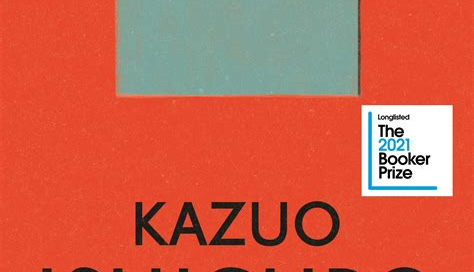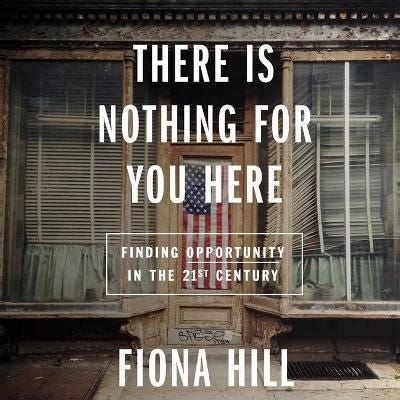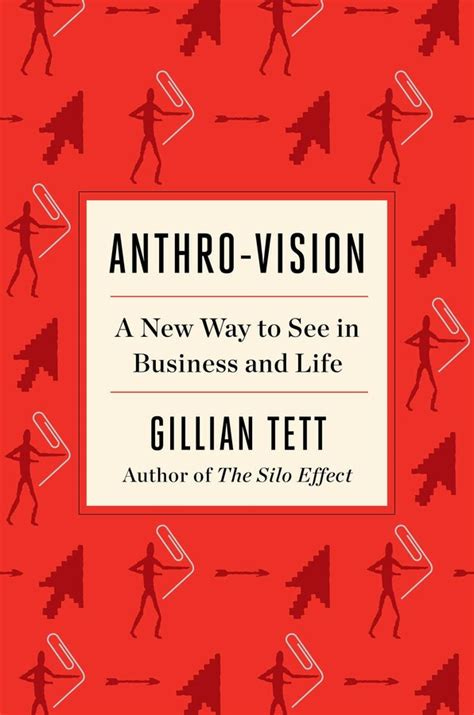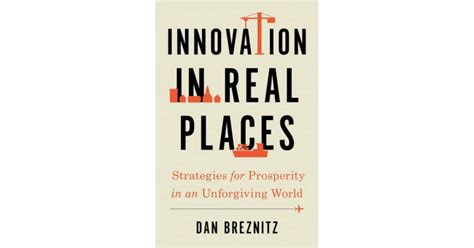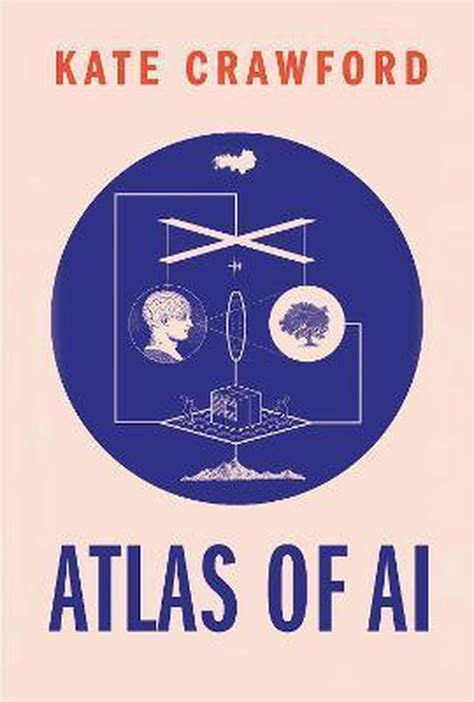My 10 Favorite Books of 2021
By Kazuo Ishiguro, Fiona Hill, Amartya Sen, Gillian Tett, John Doerr, Dan Breznitz, Rush Doshi, Kate Crawford, Howard French
Recommendations will be back in mid-January. Meanwhile, here is wishing for a peaceful, joyful and Omicron-free holiday season!
These were the ten books I enjoyed the most in 2021:
Klara and the Sun: Kazuo Ishiguro’s first novel since winning the Nobel Prize in 2017 is about a dystopian near-future where robots, called “Artificial Friends” take care of genetically modified children. Like all of Ishiguro’s novels, it is about caregiving, love, and loss, and ultimately, the roads not taken.
There is Nothing for You Here: Russia expert Fiona Hill, who became famous for her testimony during the first Trump impeachment, writes a touching, compelling and inspiring memoir of her unlikely journey from a decaying coal town in the North of England to Harvard University and a senior position in the US government. She worries that her story is one that may not be possible in today’s world of inequality, structural racism, and polarization where ladders of social mobility have been demolished.
Speed and Scale: An Action Plan for Solving Our Climate Crisis Now: Legendary venture-capitalist John Doerr has a plan to tackle climate change. Doerrworks through OKRs: "objectives and key results," He lays out 6 key objectives and a host of intermediate targets to get us to net-zero.
Home in the World: Amartya Sen’s long-awaited memoirs’ title comes from a novel by Ravindra Nath Tagore later immortalized by Satyajit Ray’s famous movie [Ghaire Baire]. It begins in pre-independence India and ends in 1963-which leaves the reader begging for more as it leaves out a lot of his most significant work including the economics of famine and the capability approach. The book, read along with the Argumentative Indian, gives the reader a comprehensive overview of Sen’s worldview.
Anthro-vision: A New Way to See in Business and Life: The FT’s Gillian Tett is a trained anthropologist. Her previous book “The Silo Effect” warned of the perils of siloed thinking. In this book she shows how thinking like an anthropologist can help us better understand consumer behavior, markets, and organizations to address some of society’s most urgent challenges. Anthropology makes the familiar seem unfamiliar and vice versa, giving us badly needed three-dimensional perspective in a world where many executives are plagued by tunnel vision, especially in fields like finance and technology.
Innovation in Real Places: Dan Breznitz, a professor at the University of Toronto’s Munk School of Global Affairs and Public Policy argues that innovation is “the only way to ensure sustained long-term economic and human-welfare growth. But, crucially, “innovation is not invention, nor is it high-tech and the creation of new technology and gadgets”. Based on a rich set of case studies it is full of fascinating insights.
Shutdown: Columbia University Professor Adam Tooze’s last book on the 2008 financial crisis [“Crashed”] is the definitive guide to the great recession. Tooze is at his insightful best in this book on the COVID-19 crisis, the global response, and what we need to do to prepare for the next pandemic. He labels the pandemic the first crisis of the Anthropocene- “an era defined by the blowback from our unbalanced relationship to nature” and issues a strong message of caution: growing inequality, political polarization, and sclerotic institutions make us dangerously prepped for the next big crisis.
The Atlas of AI: Scholar Kate Crawford offers a fascinating exploration of the “myth” of artificial intelligence, which is neither artificial nor particularly intelligent, and delves deep into the dehumanizing practices that prop the illusion of automation. She is less concerned about robots displacing humans but rather “humans being treated as robots”.
Born in Blackness: Africa, Africans, and the Making of the Modern World, 1471 to the Second World War: Columbia University Professor and journalist Howard French has written a brilliant book documenting how Africa was central to the emergence of the Age of Discovery, the rise of plantation slavery, and the prosperity from sugar, cotton, and other cash crops led to the Industrial Revolution.
The Long Game: Rush Doshi is the Director for China on the US National Security Council and, thus, his book is an important and timely look into how the Biden administration views the most important bilateral relationship in the world-that between the US and China. Drawing on Chinese Communist Party sources from China, Hong Kong, and Taiwan, in Doshi’s view, Beijing has since 2016 considered the United States a declining power and believes that the world is ready for a Chinese reshaping of the global system.

